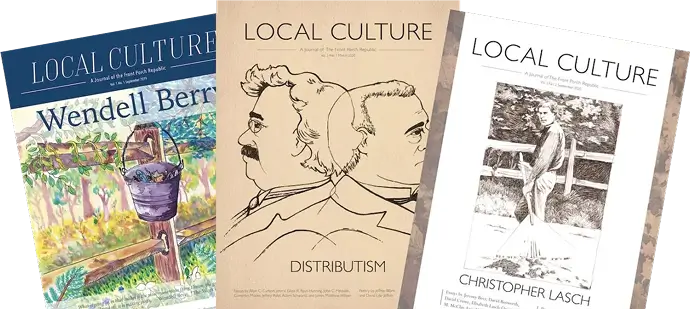classical education 12
Excelsior
My mom knew that she could not transfer the entire corpus of Western thought to us because she didn’t have it. But she did have love
Keeping A Culture: A Review of Thoroughness and Charm
Classroom culture may develop accidentally, but the truth is that a neutral classroom does not exist. Although her apologia is intended for classical Christian educators, Gerth speaks to all teachers
Awkward Family Dinner: A Review of Reforming Classical Education
Any reformation requires a standard. How else could you measure progress? The standard of reviving classical learning should plainly include those revered authors who inspired and contributed to that tradition.
Planting and Tending the Lost Seeds of Learning
Donnelly’s scope of transformation may seem like an impossible undertaking, yet even if it is not possible for everyone to achieve the level of faith integration suggested here, anyone can…
Jessica Hooten Wilson, Doug Sikkema, and Christine Norvell on Rescuing Socrates
One gets the clear sense from Montás that these voices from the past are not just texts with trivial information, but real presences, real friends who have had a significant…
Liberal Learning for All: A Review of Rescuing Socrates
Montás deserves great credit for illuminating the perverse priorities of American higher education throughout Rescuing Socrates. It must be admitted, however, that the book suffers from occasional missteps. A fuller…
Who Loves Academic Discourse? A Review of Rita Felski’s Hooked
Attunement, attachment, engagement, and identification are all absolutely necessary for properly considering artworks of all kinds. However, I struggle to identify the application of Felski's argument. Perhaps it is because,…
The Contradictions within My Students’ Request for Diverse Curricula
The imagined student’s intentions are honorable: to promote racial justice. But when the conversation begins, she has already set herself against the teacher and the course. The task of the…
The Battle Rages On: Eric Adler’s Battle of the Classics: How a Nineteenth-Century Debate Can Save the Humanities Today
We all want students to think critically and to reflect on what they have encountered in the course of their education. In order to do that, however, they must have…
Awakening to Virtue: Confessions of a Well-Read, Unlucky Good Girl
Both Prior and Gibbs agree that ultimately virtue orients us toward one end, to “love God and enjoy Him forever.” Loving God is difficult; it too requires our attention in…
Brass Spittoon: Classical Education
While the siren call of STEM is still music to most ears and classical schools are educating only a small percentage of American students, classical schools have grown steadily. Joshua…
With “Friends” Like These…
Several months ago I claimed that “the American conservative’s attitude toward education is often even worse than that of his [liberal] counterpart.” It turns out Rush Limbaugh has been so…











